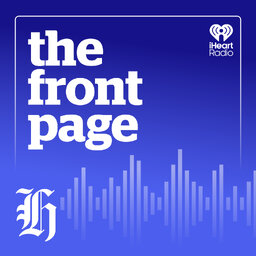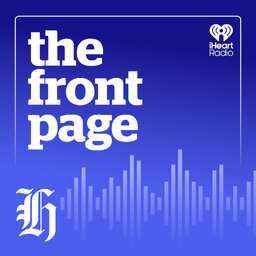What's next for Govt after Treaty bill voted down - and can Labour overcome Green, Te Pati Māori controversies?
Politics is rarely quiet in New Zealand, but we’ve seen plenty of upheaval in the last few weeks.
Notably, after over a year of protests and thousands of submissions against it, the Treaty Principles Bill has finally been killed off, after being voted down in its second reading in the House yesterday.
But things are looking up for the Coalition, with two recent polls firming up support for National, Act and NZ First – even if it remains a tight race between the right and left blocs.
Now that trade wars and tariffs have shaken up the global economy, what is the Government going to focus on to keep their re-election hopes alive?
And can Labour thrive despite controversies hitting its partners?
Today on The Front Page, to talk through the latest in politics, we’re joined by Newstalk ZB political editor Jason Walls.
Follow The Front Page on iHeartRadio, Apple Podcasts, Spotify or wherever you get your podcasts.
You can read more about this and other stories in the New Zealand Herald, online at nzherald.co.nz, or tune in to news bulletins across the NZME network.
Host: Chelsea Daniels
Sound Engineer: Richard Martin
Producer: Ethan Sills
 The Front Page
The Front Page


